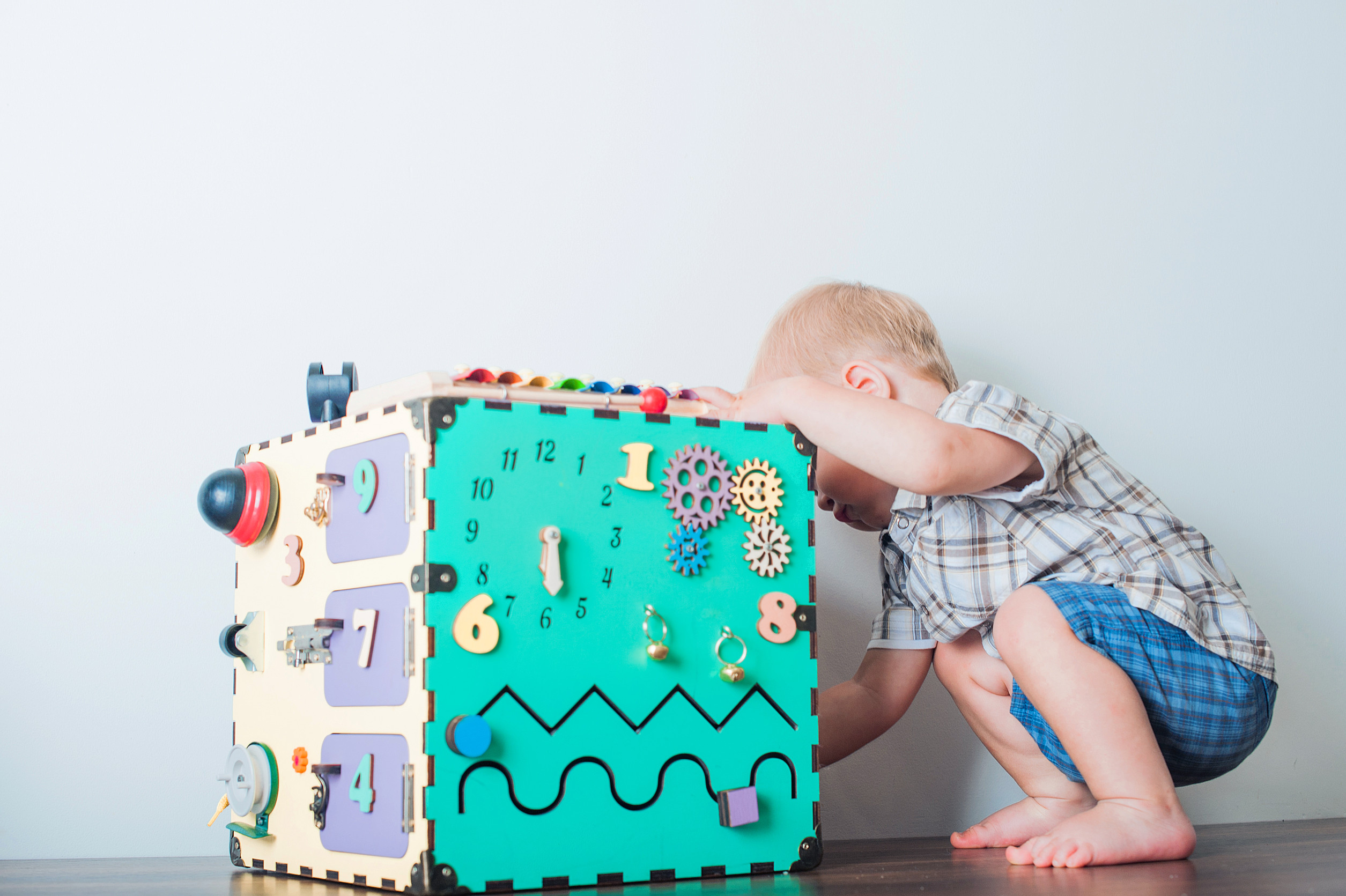We all want our toddlers to grow up healthy, happy, and bright—but what if some common daily routines are quietly interfering with their brain development? As parents, it’s easy to overlook habits that seem harmless on the surface but may be slowing down your child’s cognitive progress behind the scenes. Brain development in the early years sets the foundation for learning, memory, emotional regulation, and problem-solving skills. That’s why recognizing and addressing these behaviors early is critical. Let’s explore five surprisingly common toddler habits stalling brain development—and what you can do to help.
1. Too Much Screen Time, Not Enough Human Interaction
Many parents use screens to keep toddlers occupied while they juggle household tasks or grab a moment of peace. But extended screen time limits critical face-to-face interactions that stimulate speech, empathy, and social skills. When toddlers spend hours glued to devices, they miss opportunities for back-and-forth conversation, imaginative play, and problem-solving—all essential for brain growth. Pediatricians recommend limiting screen use to under an hour per day for children aged 2–5, and even less for younger toddlers. Instead of relying on screens, opt for shared reading, singing, or simple games that encourage eye contact and engagement.
2. Poor Sleep Routines That Disrupt Restorative Sleep
Sleep isn’t just a break—it’s an active period when the brain organizes memories, builds connections, and recharges. Toddlers who go to bed late, wake frequently, or don’t nap consistently can miss out on critical stages of deep sleep. Over time, this lack of restorative rest can lead to irritability, slower language acquisition, and difficulty concentrating. Establishing a consistent bedtime routine, avoiding screens before bed, and creating a calming sleep environment can make a big difference. Quality sleep helps ensure your child’s brain gets the time it needs to grow and develop properly.
3. Feeding on Autopilot Without Encouraging Exploration
Mealtime can become rushed, repetitive, or overly structured without allowing your toddler the chance to explore new textures and tastes. This habit may seem minor, but it can limit sensory stimulation and autonomy—two essential components of toddler brain development. Encouraging your child to touch, smell, and even play with new foods promotes curiosity, coordination, and decision-making. It also helps build healthy associations with food, which supports emotional and cognitive growth. Try offering a variety of foods and let your toddler lead sometimes, even if it gets a little messy.
4. Lack of Physical Movement and Outdoor Play
Active movement isn’t just good for gross motor skills—it directly supports brain development by stimulating neural connections related to balance, coordination, and spatial awareness. Toddlers who spend too much time confined indoors or strapped into devices like strollers or car seats miss out on valuable opportunities for learning through movement. Even simple activities like climbing, dancing, or running help the brain and body develop in sync. Outdoor play also reduces stress and encourages creativity through unstructured exploration. Try to include at least an hour of active play each day and make it fun for the whole family.
5. Not Enough Talk, Songs, or Storytelling
Talking to toddlers even when they can’t respond with full sentences is one of the most powerful ways to support early brain development. Language exposure helps build vocabulary, improves listening skills, and strengthens the ability to understand the world. If a toddler hears only limited speech during the day, they may struggle to keep up with developmental milestones like speech, reading, and comprehension. Narrating daily activities, reading out loud, or singing familiar songs can all help boost verbal skills. Make it a habit to talk and sing to your toddler frequently, even if you feel a bit silly—they’re soaking it all in.
Helping Healthy Habits Stick from the Start
While these toddler habits stalling brain development may seem small on their own, their impact adds up over time. The good news is that with just a few intentional changes—less screen time, more active play, better sleep, and consistent communication—you can set your child up for long-term success. Parenting doesn’t require perfection, just a willingness to adapt and grow alongside your child. Keep your routines flexible but mindful, knowing that your everyday actions play a huge role in shaping your little one’s brain. Your attention today builds their foundation for tomorrow.
Which of these habits have you noticed in your home—and how have you worked to shift them? Share your thoughts in the comments!
Read More:
6 Family Secrets That Could Derail Child Development
9 Parenting Beliefs That Are Harmful to Your Kids
The post Think Your Baby’s Safe? 5 Toddler Habits Stalling Brain Development appeared first on Kids Ain't Cheap.








